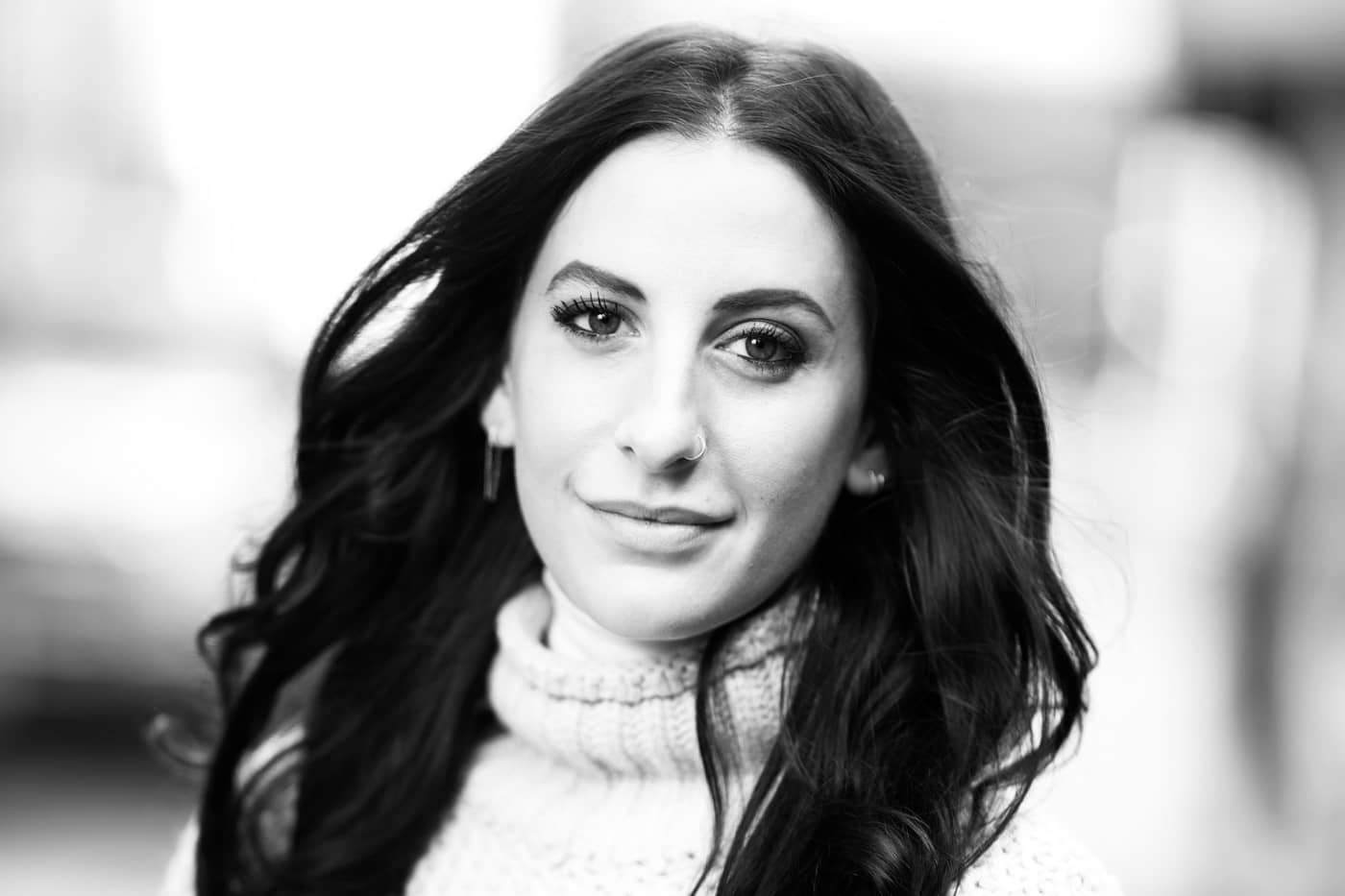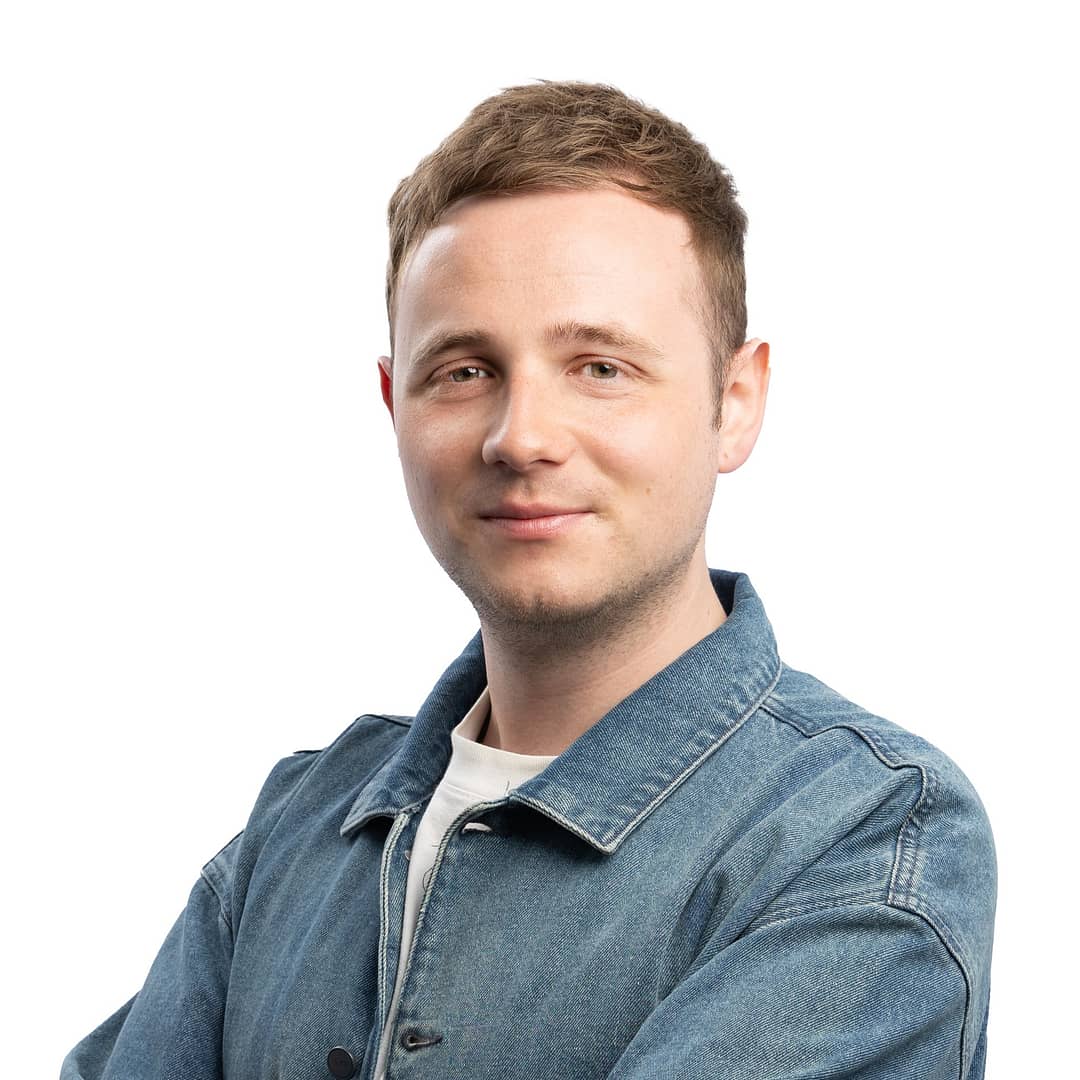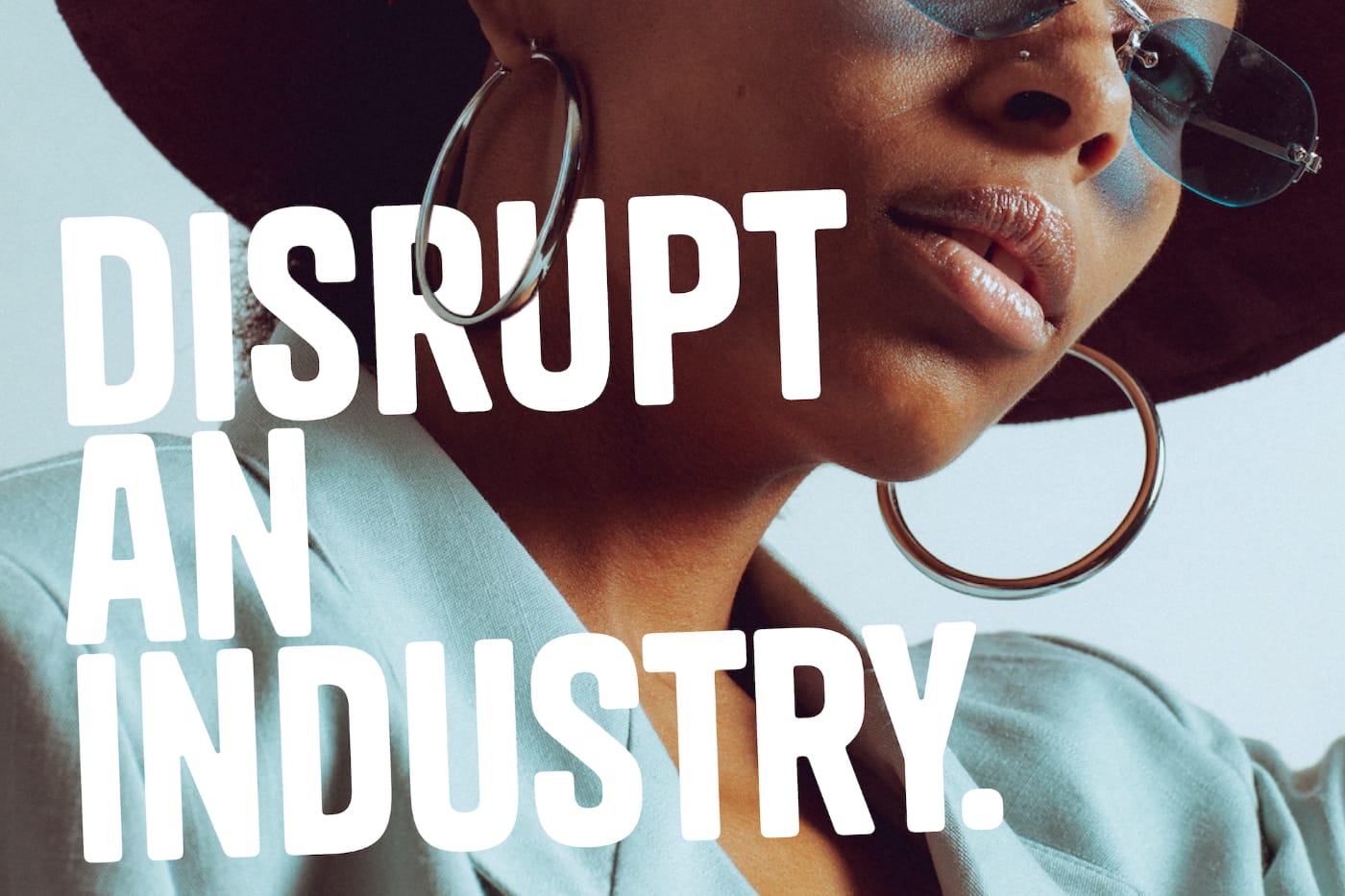
This interview first appeared in Authority Magazine written by, Maura Gaudio, Head of Partnerships at Imagination The Americas.
Can you tell us a bit about your “backstory”? What led you to this particular career path?
My journey was a bit of a windy road. I started in a traditional brand strategy role at NBCUniversal and then IPG but was desperate to work in the music industry. I jumped to an indie music label as the Head of Product Management and Marketing, which at the time was my dream, working on the likes of Mumford & Sons, CHVRCHES, Childish Gambino, Phoenix, and Chris Baio (Vampire Weekend) and loads of others. I was increasingly brokering partnerships between artists and brands looking to crack into music and culture in an impactful way.
I loved it, but admittedly during this period sponsorship and partnerships with indie artists and brands were precarious. Music was slower to adopt the sponsorship endorsement model we’ve seen in sports. So I headed to a small woman-owned boutique agency called MAC Presents (shuttered during COVID-19) to work with major artists, brands and experiences. At the time MAC was squarely placed as one of the very few agencies that supported artists, festivals and brands to conceptualise, broker and build partnerships in the space. It was a dual role, working directly with brands to build and negotiate partnerships and then executing them as a producer — most of those events being large live music events, festivals, activations or pop-ups. I pretty much fell in love with this world and thrived in the events and experiential space because I love getting my hands dirty.
In a memorable moment at MAC Presents, the “then” President of the Grammys famously told women to “Step Up” if they wanted to change the music industry. It shattered the news cycle for its tone-deaf nature, but for me and my colleague Mary Ann Wagste, it was a light bulb moment that spurred us on to start Happening Entertainment. We set out to build a large women-led festival in NYC launching in the Summer of 2020, followed by a series of concerts at an infamous venue in the East Village.
Simultaneously, we started an events and experiential studio. We had the privilege of working with some of the most iconic brands in the world including Bumble in partnership with Gloria Steinem, Netflix, Moncler, CAVA, HYPEBEAST, Focus Features and The Obama Foundation, Emily’s List, Environmental Working Group and so many others. Our work was varied — from pop-ups to summits and large-scale location-based experiences, we were willing to do anything to keep the lights on.
It was on March 13th, 2020, when we were onsite producing a movie premier for the film Never Rarely Sometimes Always, with Planned Parenthood and Focus Features, when we started rolling calls from clients. They were calling to put the contracts we had spent years building on hold. In a matter of hours we had gone from meeting one of our heroes — Greta Gerwig — to feeling like our business was falling apart. COVID-19 was upon us.
We tried to sustain our business for as long as possible, producing virtual shows and trying to save our events, but ultimately we couldn’t keep the lights on in an impactful way, the festival was cancelled, and our live events arm had dissolved indefinitely.
There were silver linings though. I had built a relationship with Superfly, the founders of Bonaroo & Outsidelands music festivals, while we were looking for investors for our festival. Superfly managed to grow majorly in the location-based experience space during COVID-19 and I joined to focus on large location-based music experiences. We opened Prince The Immersive Experience, my role functioning as a direct line to the rights holders and a producer overseeing the team and build. We reshuffled internal priorities and in doing so I was able to shift focus onto our brand experience work as the Vice President of Live Events and Partnerships, serving as an Executive Producer on major accounts with complex operating models. My role was focused on growth and nurturing new projects, I.P. experiences and events from pitch phase through completion.
Earlier this year a conversation started with the Imagination team, and I was blown away with the opportunity to help drive growth, partnerships and build a team in the US. Imagination is a dream place to be at this stage in my career. It’s a global business with 13 studios worldwide, the talent and skill of the team are unparalleled.
Can you tell our readers what it is about the work you’re doing that’s disruptive?
The experiential and events industry has become incredibly saturated with operators of all shapes and sizes.
My focus is on disrupting what experiences and experiential means in 2024, while building experiences with underutilised I.P. for brands and fans. Whether that’s strategising, branding and producing a net-new summit centred around Women in C-Suite level roles, or building a 45,000 square foot touring immersive experience dedicated to a pop icon, Prince, my focus is solving business challenges in creative playful ways.
And while I am relatively new at Imagination, a company that paves the way for new and disruptive experiences, I am working closely with the team to bring to life multiple new Location Based Experiences. Currently many are embargoed, but for example, through a combination of scenic storytelling and gamification we will enable fans to see some of their favourite I.P. come to life in a mini-theme-park that will travel the U.S. domestically and internationally. This work is really changing the way partners, fans and brands think about creating experiential spaces because it increasingly allows fans and brands to bring play into their I.P. in a non-traditional format.
Can you share a story about the funniest mistake you made when you were first starting? Can you tell us what lesson you learned from that?
Over the course of my career, I have inevitably made so many mistakes, but one that was really significant to me at the time was a major snafu at Radio City Music Hall. Having just rolled off a week-long build for two major Grammy’s events and long 20-hour days, I had one final event with Khalid and Citibank at the iconic Radio City Music Hall.
I was overseeing the partnership and production of the event with very little support onsite. And I knew that we had a number of Citi card holders heading to the event in less than two hours. But as I started assigning seats (it was a free show) and began to pair groups in two’s and four’s (which was how the tickets had been sold online) I quickly realised there were still a lot of guests needing seats with not many spots left… Anyone in ticketing in the NYC ecosystem would know about this, but my major mistake was assuming Radio City had an even number of seats in every row. As it turns out, Radio City does not have even seating, and I had about 50 tickets that would’ve been stuck in individual seats away from their friends and family. It was also crunch time with just 45 minutes until the show.
Panic was setting in. My colleague and former business partner Mary Ann and I sat down, did rapid math and reassigned every single ticket with two minutes until doors. We were sweating, I was on the brink of tears — a long production week will do that to you — but we finally made it work.
The key lesson for me was never to assume you know everything about a place or space, always talk to the experts. Following that, find yourself a colleague, partner or friend who will get down in the sh*t with you when it’s crunch time. Events are hardly ever produced successfully alone, putting trust in others is how this world goes around.
We all need a little help along the journey. Who have been some of your mentors? Can you share a story about how they made an impact?
Michael Malafronte and Julia Haley. The two of them are an unbelievable duo — who I was lucky enough to meet in New York in my 20s. Early in my career, I was advised to “find a mentor” but I had a hard time doing this to start with, but as I grew in my career Michael and Julia became my sounding board in business and in life. Michael is a father, public company board chair, Founder and Managing Partner of 20b global money management firm. Julia is a mother, MSW of Columbia and has dedicated her career to public health.
From the trials and tribulations of starting and maintaining my business and subsequently, every decision I’ve made, they’ve both provided tremendous guidance. Michael taught me about deal structures and EBITDA, while Julia taught me to be unwavering in confidence. Both were critical in finding my path.
Sue & Lou, my parents, taught me hustle and grit. Say no more.
In today’s parlance, being disruptive is usually a positive adjective. But is disrupting always good? When do we say the converse, that a system or structure has ‘withstood the test of time’? Can you articulate to our readers when disrupting an industry is positive, and when disrupting an industry is ‘not so positive’? Can you share some examples of what you mean?
The word ‘disruptive’ is one of those buzzwords that we see cropping up more and more as industries become saturated with challenger brands and startups. But to be disruptive can be game changing if done right. And to do it right can be tricky if there isn’t a clear reason and purpose for being disruptive from the offset. Being disruptive for disruptive sake will never win. Goals, outcomes and measurability must be determined from the beginning to ensure success.
For example, at Imagination, we work with a range of sports clients looking to break into relatively unexplored regions and markets. In these new markets, away from red tape and pre-conceptions, we can be more disruptive and experiment in different formats to reach new generations of fans. Here, not only is disruption utilised to shift perceptions externally, but also to demonstrate new ways of working internally. These outcomes are always determined from day one.
Can you share 3 of the best words of advice you’ve gotten along your journey?
- “No task should ever be beneath you, even if you’re the CEO of a company. If you won’t grab a coffee for yourself, nobody else should.” A quote from the CMO of my first internship, which was at a fashion brand. I learned two key things, I didn’t want to work in fashion and to always be willing to get your hands dirty.
- “Sometimes the most anxious people take the biggest risks.” — My therapist, when I started my business. Kind of ironic right? Brings me a lot of peace of mind.
- This wasn’t advice so much as a saying I always carry with me, “Sometimes you need to get over it and take a nap.”
We are sure you aren’t done. How are you going to shake things up next?
Someday I hope I have a novel up my sleeve. I was actively working on it a few years ago but felt pretty burnt out after the loss of my business. There’s definitely a lot more to come from me, but only time will tell where and what that’ll be. I’m ambitious and committed to having a great impact on women in business, it’s very general, but I hope to bring a lot of great people along the way with me.
In your opinion, what are the biggest challenges faced by ‘women disruptors’ that aren’t typically faced by their male counterparts?
Women have a steep hill to climb but are the quickest ones to fall. I think people get sick of the narrative of how hard it is out here to be a woman in business, but we have to keep telling this story. While it’s inevitably the best time in history with the most opportunity to be taken seriously as a woman in business, we are still held to a completely different standard. Expected to be professional while being chill, easygoing, hardworking… and the list goes on. It gets exhausting and I will be the first to admit that.
Do you have a book/podcast/talk that’s had a deep impact on your thinking? Can you share a story with us?
I’m more of a fiction and music person, I love to let my brain turn off when I am not working, it helps with balance for me. I do an occasional binge of Pod Save America, I’ve recently been obsessed with this Substack newsletter called Feed Me by Emily Sunderland. Literally too cool for me, but makes me laugh and keeps me up to date on trends are the Throwing Fits podcast guys.
You are a person of great influence. If you could inspire a movement that would bring the most amount of good to the most amount of people, what would that be? You never know what your idea can trigger. 🙂
The biggest challenge women face is being at the peak of their career growth trajectory at the same time they’d be likely starting a family. Maternity leave is still such a frowned upon thing, and from what I’ve seen more often than not maternity leave coverage is women covering for other women, as if it’s our burden to bear. Starting a family and being a mother should not disqualify women from progressing in their careers and somehow it still does.
We need to see systemic change in this space. I am closely watching Moms First, Bobbie, Frida and the many other brands fighting for a more equitable balance.
Another core focus of my career has been empowering junior colleagues, championing them in their careers and helping them find confidence. I have been so impressed by some of the “junior” team members I’ve worked with. There’s a trope about “Gen-Z”, and frankly “Millennials” too, that they don’t work hard, but I’ve found this to be largely untrue, in fact, the opposite.
Having worked in a lot of toxic environments when I was a junior, at the time all I needed was someone to help me along the way. I try to do that for younger colleagues I meet. I see a lot of leaders micromanage or use a fear-based managerial approach. I have found that never works and the best work comes from junior talent who feel they have implicit trust from their managers, colleagues and peers. I almost don’t believe in “feedback,” teach by example, not by criticism.
I cherish and nurture the relationships with the people I’ve met along the way. Not from a networking perspective, but from a desire to see them get what they deserve for being talented.
Can you please give us your favourite “Life Lesson Quote”? Can you share how that was relevant to you in your life?
Always send a thank you note. I realise these have become very uncommon, but the gesture goes a really long way and shows you value somebody’s time. Seems fairly trivial, but I think it demonstrates really strong character.


